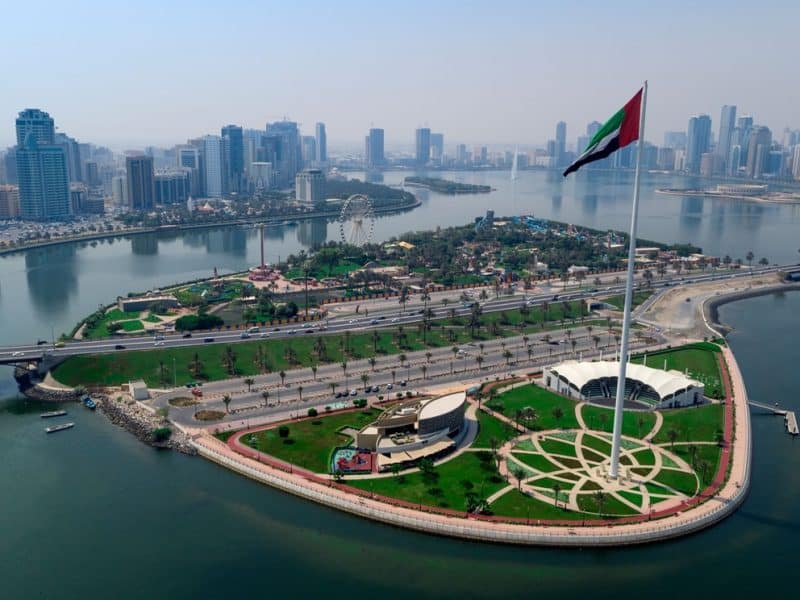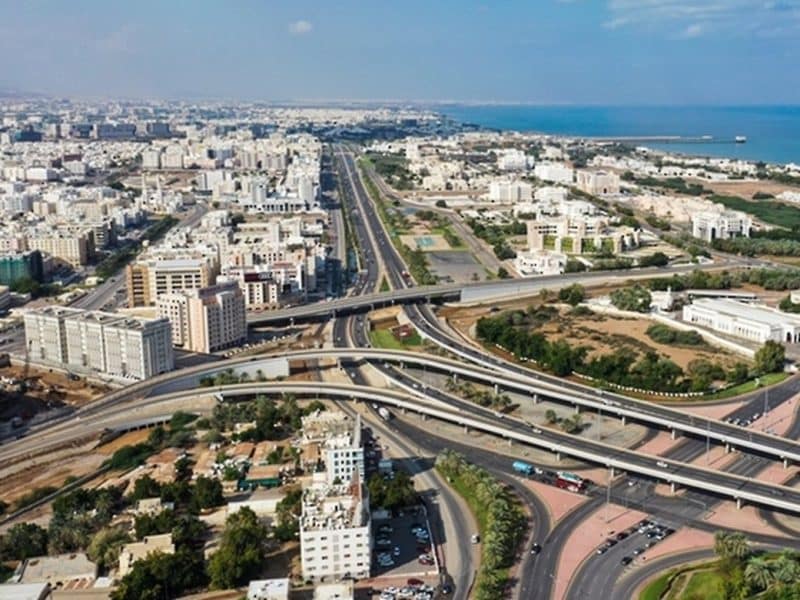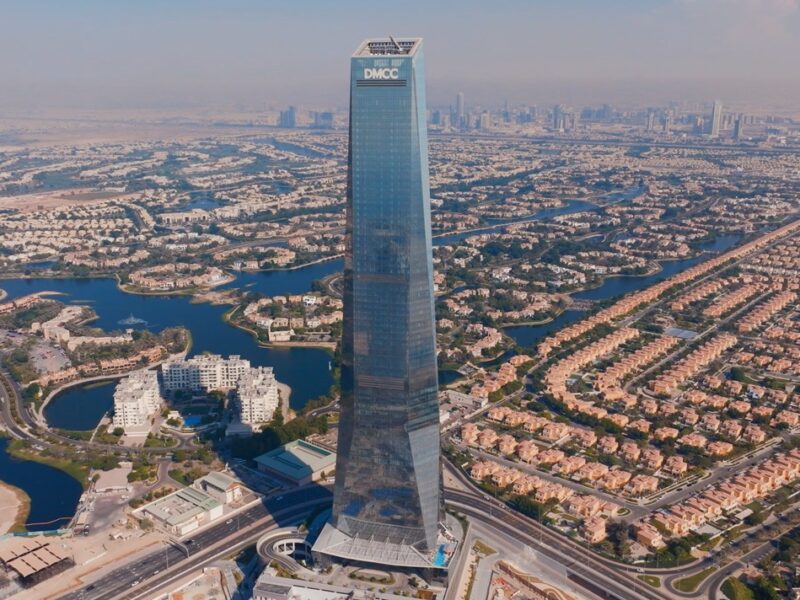Female Saudi astronaut Rayyanah Barnawi said she is proud to carry the dreams of Arab women as she prepares to blast off to the International Space Station.
Barnawi, and fellow astronaut Ali Al Qarni, will leave Earth for the ISS on May 21, as part of an historic mission for the Kingdom.
Barnawi and Al Qarni announced their readiness during an Axiom Space press conference while in the quarantine period for the flight’s crew, which includes US astronauts Peggy Whitson and John Shoffner.
Saudi astronauts quarantined
They also expressed gratitude and appreciation for the wise leadership that believed in the capabilities of Saudi youth and provided them with all resources necessary to excel through the Kingdom’s programs for astronauts under the supervision of the Saudi Space Commission.
“We are very enthusiastic to blast off to space and bring off historic achievements to our country and to the entire humanity,” Barnawi said in response to reporters’ questions.
“We believe that science is limitless, and we will pursue our mission to the International Space Station with that principle being the basis. We will search, explore, and participate in building a bright future for humanity.”
“I have been working in scientific and medical research for ten years, and I am very proud to represent Saudi Arabia as the first Arab Muslim female astronaut, especially now when we are just a few days before our launch into space,” Barnawi said.
Asked what she will take to space, Barnawi replied, “I am so proud to take with me the dreams of Saudi and Arab women to space, and I am here because of the Saudi leadership’s support.
“I feel very excited each time I remember I am going to space and seeing the dream of my life coming true. Knowing that I am going to space, my grandmother gifted me a pair of more than 60 years old earnings.”
“As Saudis, we usually enjoy an honourable presence in all fields of scientific progress,” said Saudi astronaut Al-Qarni.
“We feel proud and excited because it will be our first time going to the International Space Station,” Al-Qarni said.
“We look forward to conducting and applying scientific experiments with students during our mission,” he added.

The Saudi astronaut said he has been working as a pilot in the Air Force throughout his career. “Now I am looking forward to performing experiments in space,” he said.
Al-Qarni said that his scientific knowledge would allow him to work on the cloud-seeding experiment in space and test its effectiveness and impact on humanity.
Al Qarni hailed the training environment provided by Saudi Arabia as a “motivator for us to make achievements in various fields. We thank the wise leadership, my family, and all the agencies and partners for their support to make this scientific journey a success.”
The historic space mission confirms the Kingdom’s commitment to supporting space exploration efforts, encouraging relevant practical research, and strengthening its people’s role in space programs and scientific and technological fields.
The Saudi commitment in this regard aims to achieve the objectives of Saudi Arabia’s Vision 2030, which seeks to highlight the Kingdom’s role in the space sector and its technologies.







